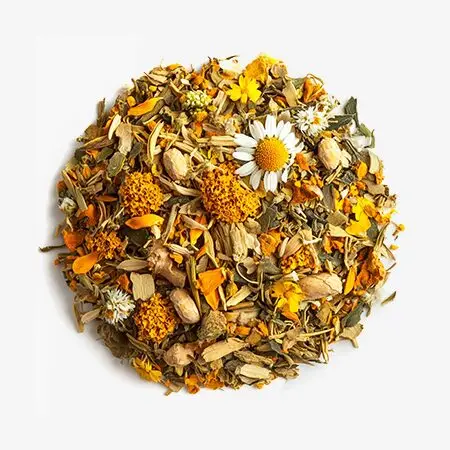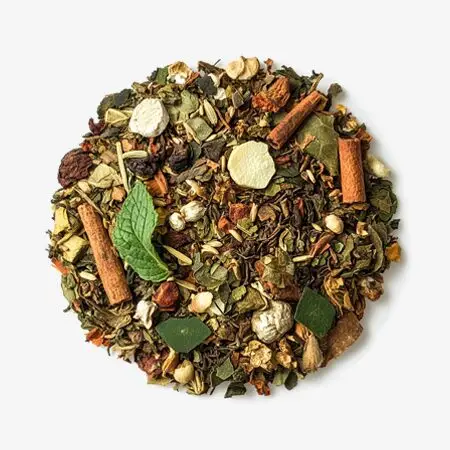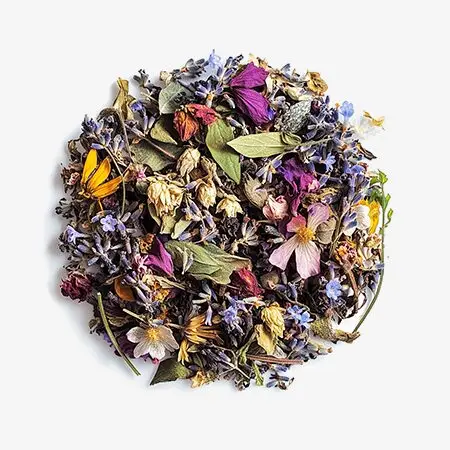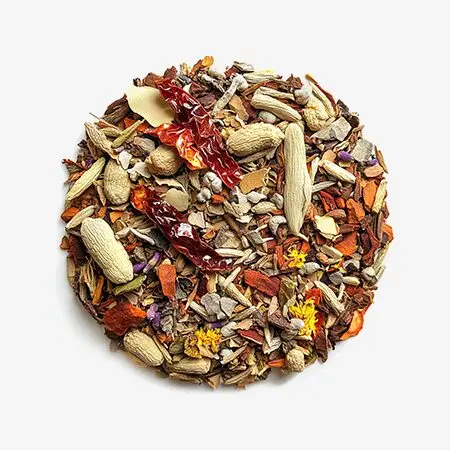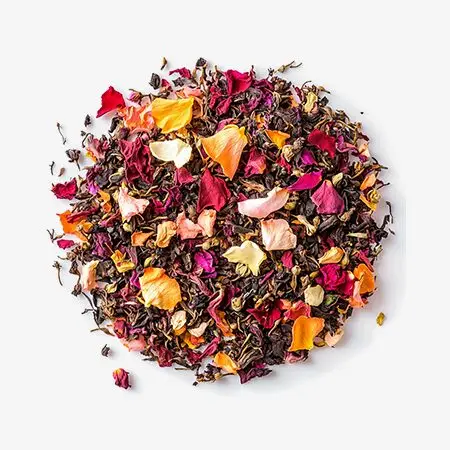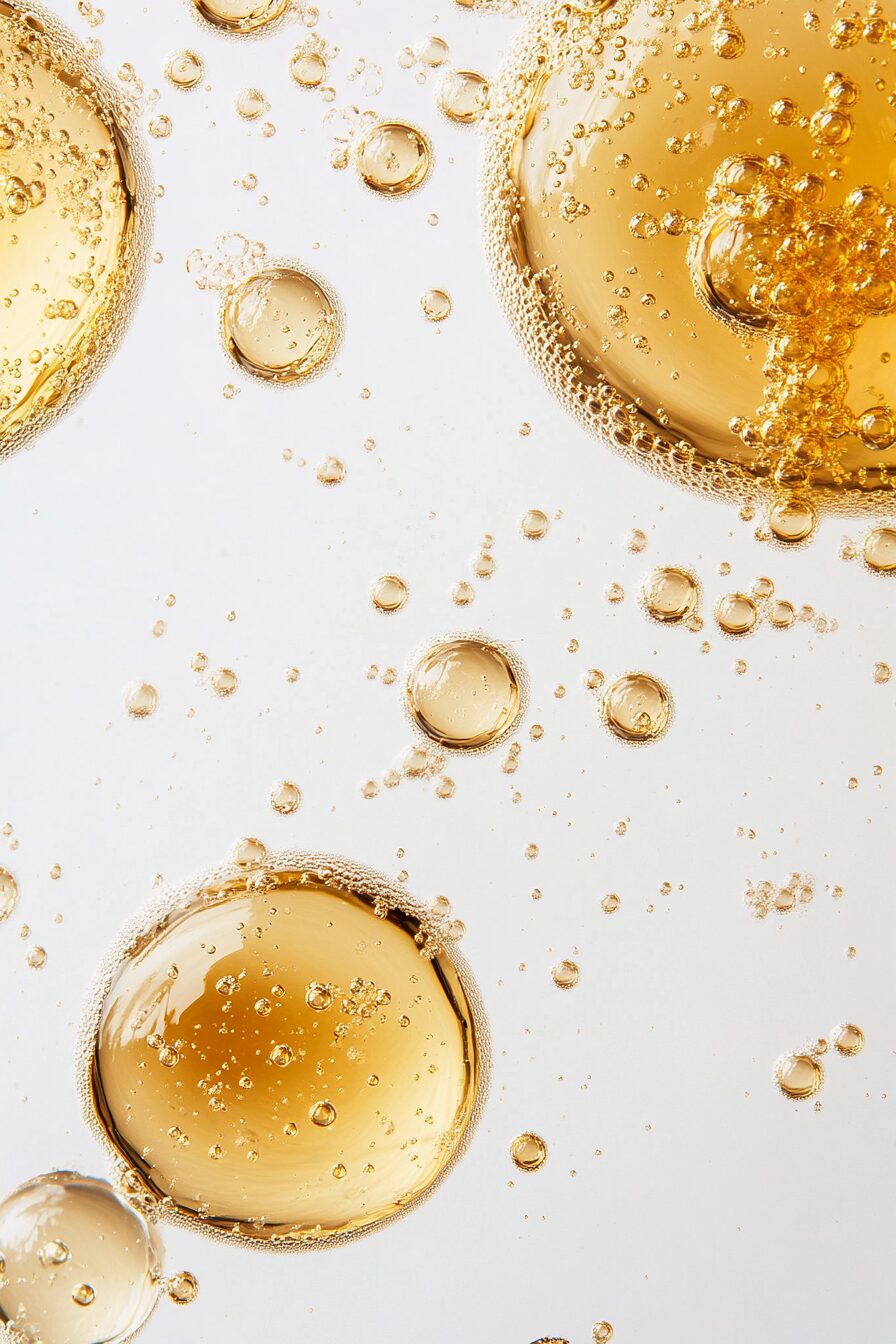
MOVE OVER Chamomile. Chrysanthemum is MAKING MOVES
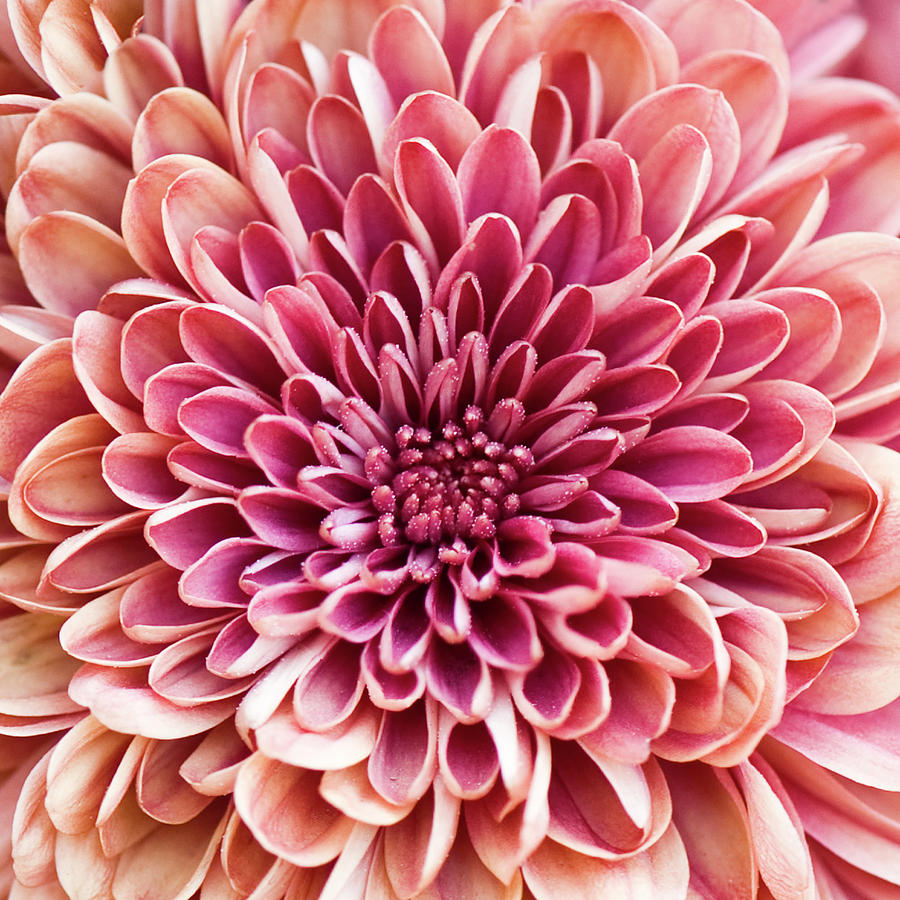
Chrysanthemums (kruh·san·thuh·muhm) are a stunning flowering plant under the Asteraceae family. Local to provinces of China, this herbaceous perennial has been dried and used for centuries as a part of Traditional Chinese Medicine (TCM).
China first started cultivating the herb in the 15th century BC (approx 3,500 years ago). With blossom hues of pale to bright yellows and pinks — it’s no wonder Chrysanthemums are popping up in tea cups all across the globe.
The health benefits have been wildly documented with Scientists proving the medicinal benefits claimed from ancient Chinese Medicine. One Study found that some of the chemicals extracted from Chrysanthemum can reduce inflammation, while another study found the flowers can help treat bone disorders like Osteoporosis.
Traditionally, Chrysanthemum or “Ju Hua”, as it is known in Chinese, has been used for thousands of years as a medicine to treat respiratory aliments, high blood pressure, hyperthyroidism, fevers, cold symptoms and to calm the nerves. The energetic cooling properties also have a special affinity to support the Lungs, Liver, Spleen and Kidneys.
Chrysanthemum Health Benefits
- Reduce Inflammation
- Help Treat Bones Disorders
- Soothe Respiratory Ailments
- Reduce High Blood Pressure
- Control Hyperthyroidism
- Prevent Stoke
- Ease Digestion
- Support Lungs, Liver, Spleen and Kidneys
- Alleviate Arthritis Pains
- High in Vitamins, Minerals and Antioxidants
- Boost Metabolism
Chrysanthemums are also rich in many Vitamins, Minerals and Antioxidants such as Potassium, Magnesium, Phosphorous, Calcium, and Iron.
Creating an Herbal Infusion
Preparing a cup of Chrysanthemum Tea is easy and rewarding. First, source your Chrysanthemum Flowers from a Trusted Source; one that doesn’t use pesticides or growth hormones.
If you have them growing in your own backyard, even better. Simply pluck the flowers and let them dry in the sun for several days, or use a Food Dehydrator to speed up the process.
Once you have located the blossoms, simply boil water to 205°F or just under 100°C. Adding 1-2tsp of dried flowers, steep for 3-5 minutes. You can experiment with the steeping duration.
Precautions
Always consult with your general practitioner before consuming a new herb, especially if you are on existing medications or nursing, pregnant or have plans of becoming pregnant. Do not use Chrysanthemum if you have an allergy to Ragweed or Daisies. If for any reason you develop a rash or respiratory irritation, stop use immediately and consult your doctor.
References Healthline | WebMD | Wikipedia
Subscribe To Our Weekly Newsletter
Share:
Related Posts

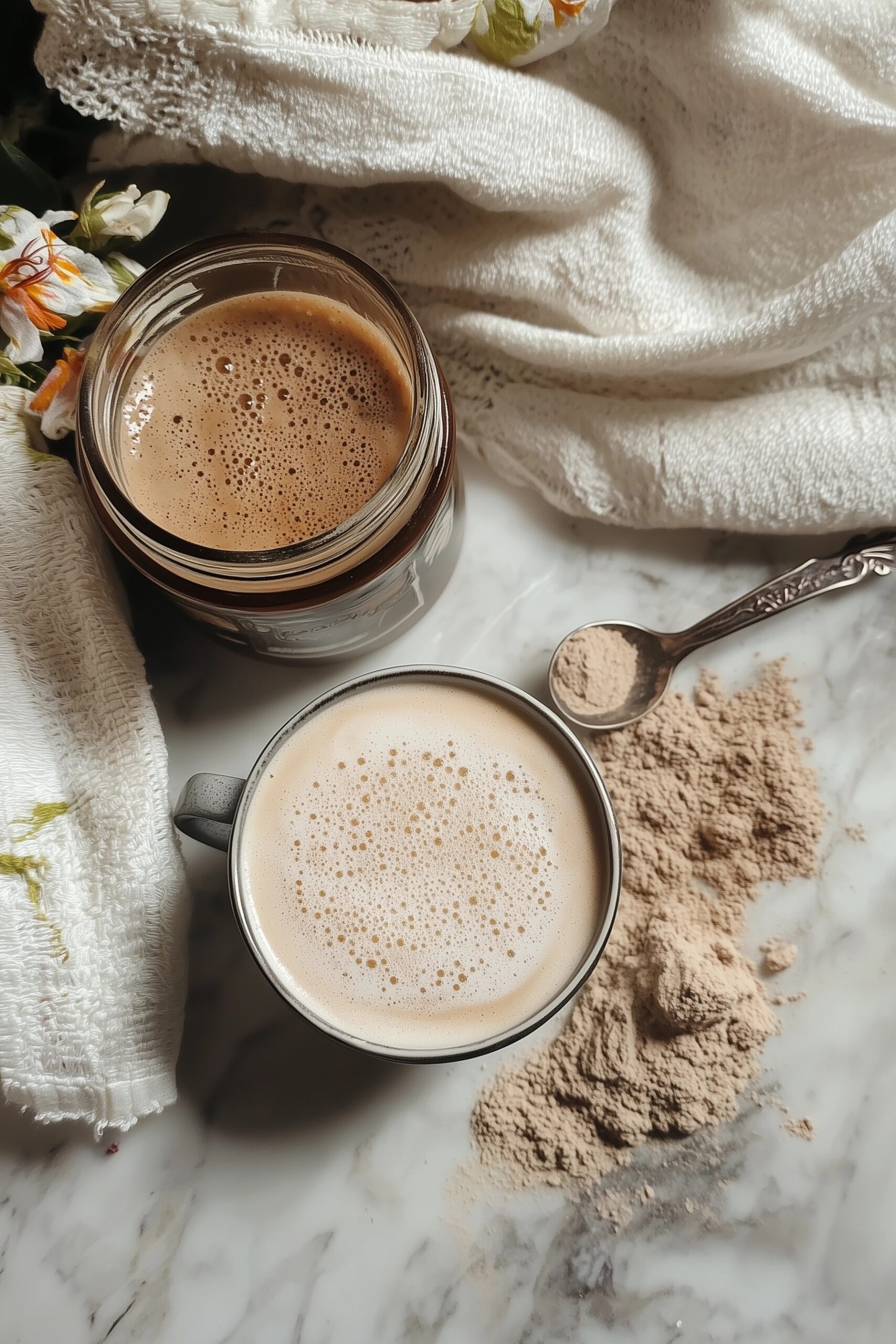
a NOURISHING alternative to COFFEE

BIOENERGETIC Hygiene

